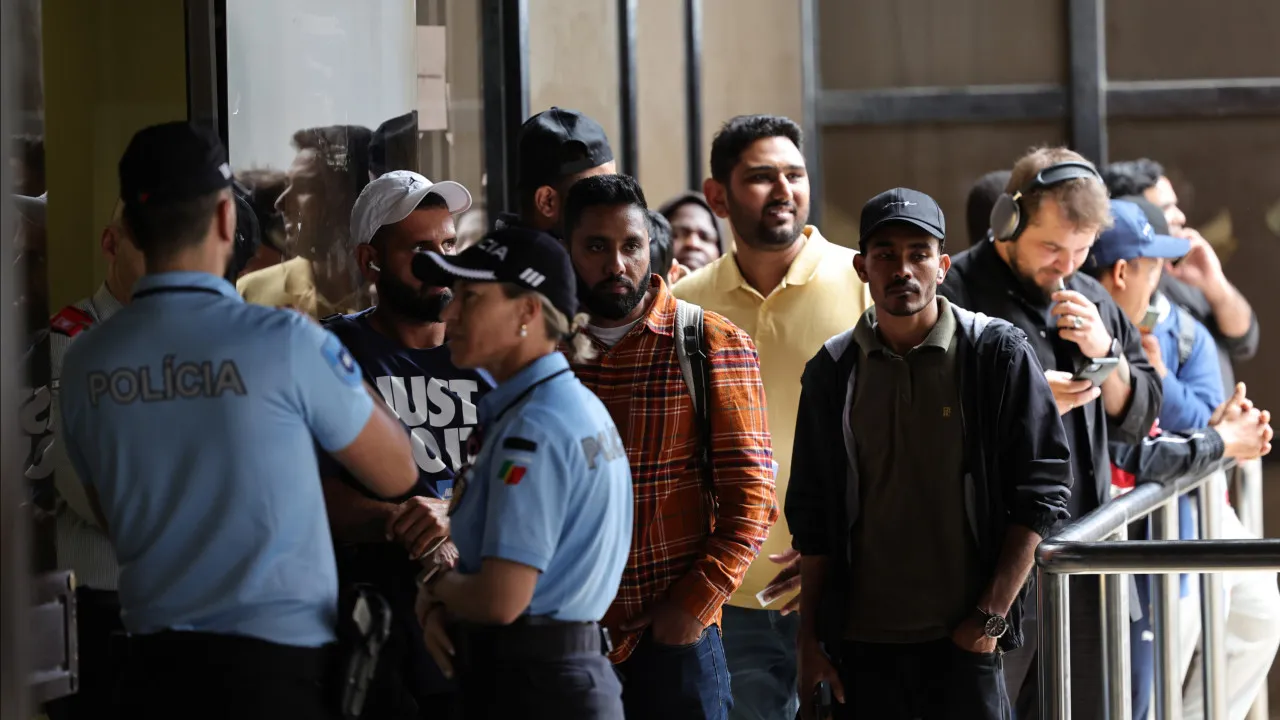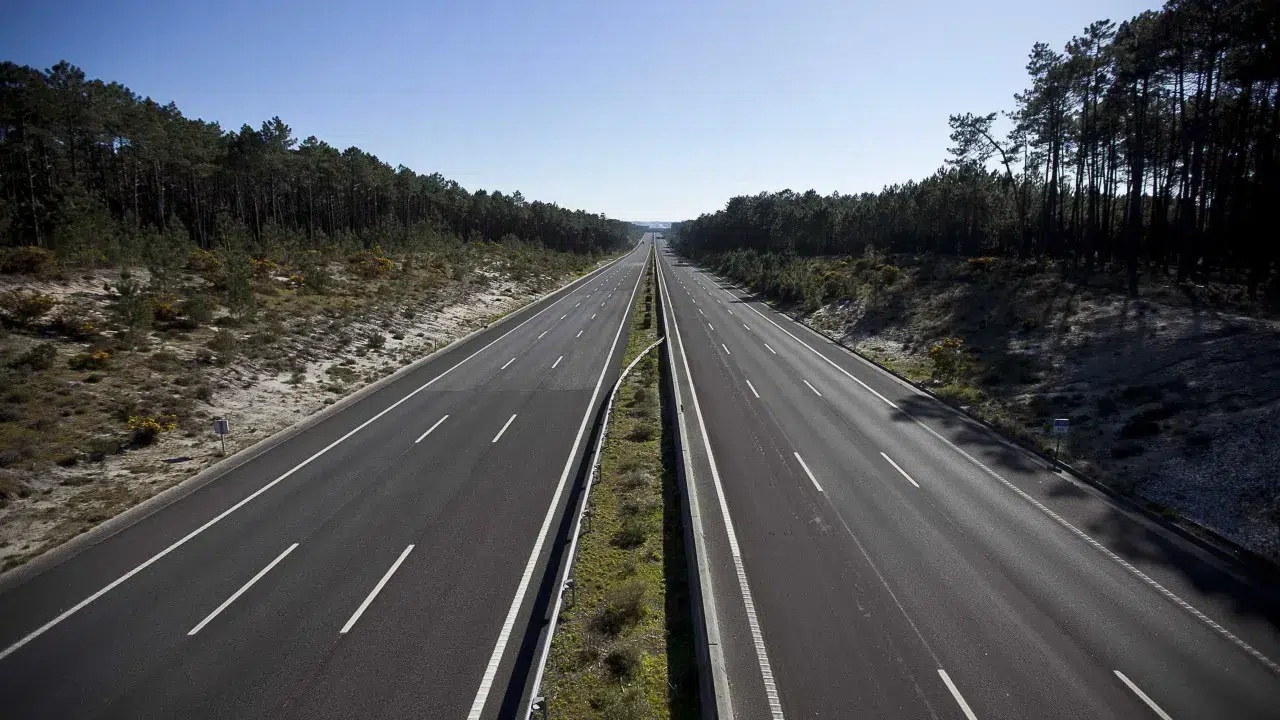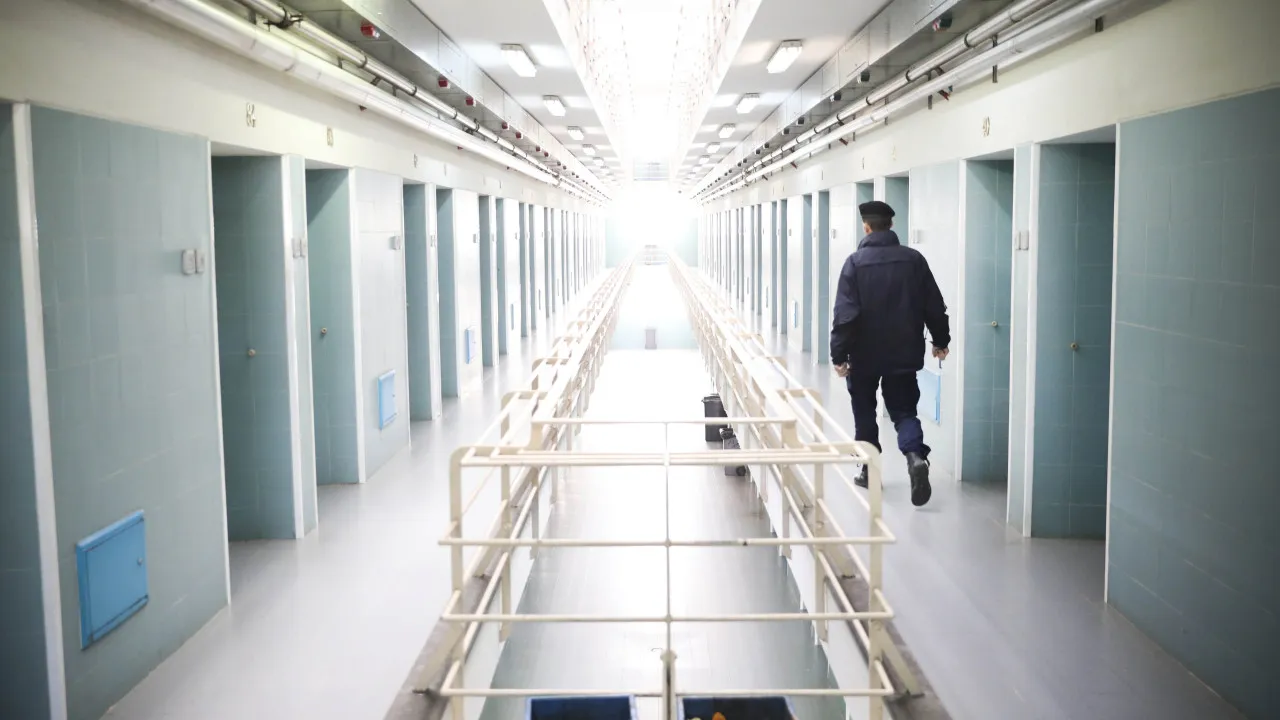
The coordinator of the Youth Commission of the Portuguese Communities Council (CCP), a Portuguese emigrant in France, emphasized the first point of the current mandate’s motion, highlighting the “rejection of assimilation” and the defense of Portuguese culture in host countries.
“The CCP fights against the assimilation of Portuguese in host countries, which is a real problem,” stated the coordinator, noting the inconsistency in Portugal where political leaders criticize the cultural and religious practices of immigrants residing in the country. This comes in light of stricter immigration rules approved by the government this week.
In various countries, many Portuguese “barely speak the language” of their host nations, noted the coordinator, highlighting that this is “well-regarded” by many.
For new generations born abroad, there are many who “hardly speak Portuguese or only know the basics,” said João Pereira, expressing criticism of the new foreigner law passed by parliament this week.
Globally, emigrants carry with them their associations, culture, and even religious practices. In the Portuguese case, the Sanctuary of Fátima oversees numerous places of worship, Portuguese bullfighting traditions continue in California, and traditional Portuguese pilgrimages are observed worldwide in areas with significant Portuguese emigration.
“I think we are on a populist path that does not correspond to an emergency so severe that it justifies such radical or restrictive measures,” remarked the CCP leader.
The new law mandates all immigrants to have a work visa issued by the Portuguese consulate in their country of origin for subsequent regularization in Portugal with a residence permit. Exceptions are made for investors (‘golden visas’) and highly qualified immigrants, who can obtain a job-seeking visa.
Additionally, the law introduces new rules for family reunification, requiring a two-year period after the approved residence permit before submitting a request for adult family members.
“When I say this, I’m not saying there are no issues,” acknowledged the coordinator, adding that there was a “simple way to address some problems that have no easy solutions.” However, “immigrants in Portugal, like us in the countries where we live, are not to blame for the countries’ issues,” he stated, recognizing a natural tendency for immigrants to integrate into their host countries, especially among younger generations who lack memory of their country of origin.
Today’s identity of Portuguese abroad needs protection due to the risk of younger generations “breaking ties with Portugal,” cautioned João Pereira, who praised the proposed changes to the nationality law, scheduled for discussion in September.
The new law will allow naturalization by Portuguese descent up to great-grandchildren.
Currently, the law grants naturalization to individuals born abroad with at least one second-degree ascendant (grandchild) of direct Portuguese nationality.
This framework excludes “grandchildren of Portuguese who lost nationality during decolonization processes, as well as the grandchildren of those who became naturalized in foreign countries,” states the document under discussion.
In countries with older communities, this change will have an impact, noted João Pereira, citing France as an example.
“Many Portuguese did not register their children at consulates, and that connection was lost, with many seeking to reconnect with their history,” he explained.
He conceded that, for Europe being an area of free movement, the impact will be lesser than in other countries.
“But having one more nationality is always beneficial, as it gives us broader horizons,” he emphasized.




